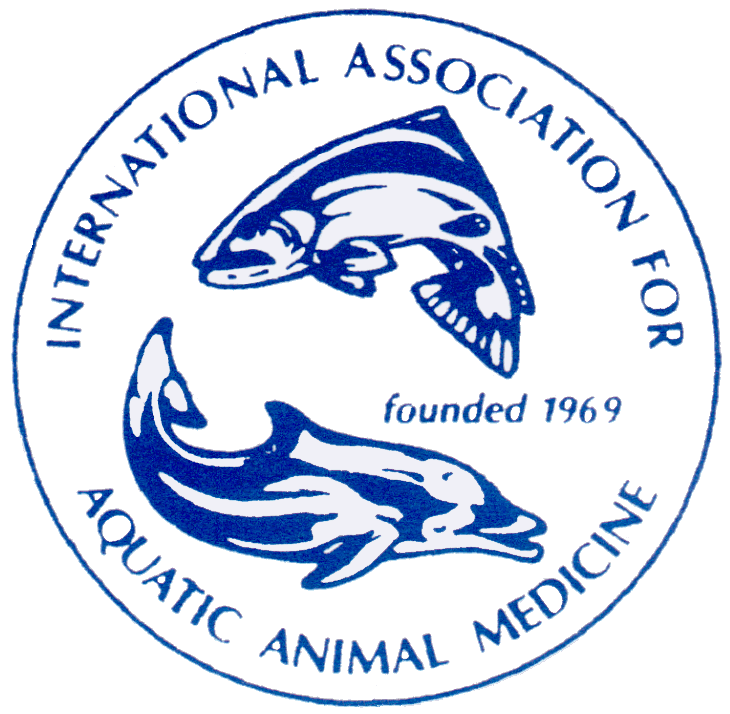The Aquarium of the Pacific along with the Association of Zoos and Aquariums (AZA) have teamed up to help save the world’s most endangered marine mammal, the vaquita porpoise.
Vaquita populations have declined to extremely low levels with an estimated 30 animals remaining. This is down from an estimate of 60 only one year ago. In order to protect the last remaining vaquita, it has been determined that ex situ conservation, or collecting and bringing the remaining few vaquita into a protected sanctuary, is an urgent and necessary course of action. Experts from the eighth meeting of the Comité Internacional para la Recuperación de la Vaquita (CIRVA 8) have determined that current conservation actions are happening too slowly and that this effort is needed to protect the remaining vaquita. Vaquita are rare and shy animals. They avoid boat noise and will prove difficult to locate and capture. To support this effort, the Mexican Government has solicited the United States Navy to use trained US Navy dolphins to support the location and collection of vaquita. This invitation has been accepted and plans are underway to develop the protocols and personnel that will be needed to accomplish this task and all of the other components of the project.
This effort will be difficult, and while all necessary experts are being engaged, nothing like this has ever been attempted. However, there are no viable alternatives left for the vaquita. If we don’t do this now and continue to establish conservation measures within their native habitat, the vaquita will go extinct in as little as three years. We cannot let this happen.
AZA, along with a number of zoos and aquariums, are supporting this vaquita rescue plan, but we need your help. Collectively we have been able to generate only about half of the one million dollars needed to begin making preparations for the vaquita rescue. We have until the end of the month to raise the remaining support. Will you help? A donation of any amount will help to make this happen.
https://donatenow.networkforgood.org/safevaquita
To learn more about the rescue effort go to VaquitaCPR.org.

